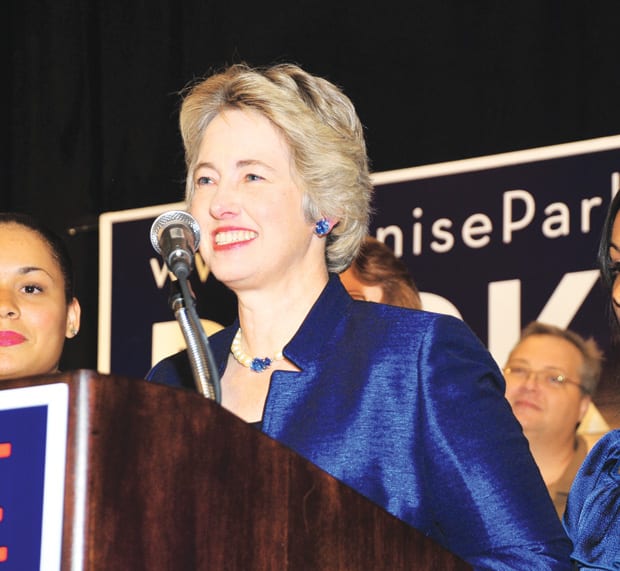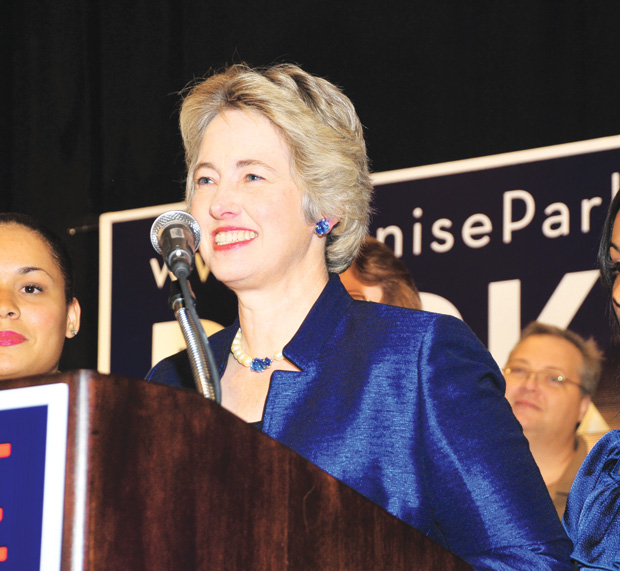City will delay enactment pending legal cases
JAMES RUSSELL | Staff Writer
Four opponents of the Houston Equal Rights Ordinance filed a suit against the city just one day after the city announced opponents failed to submit sufficient valid signatures to place a repeal referendum on the ballot in November.
City attorney David Feldman said Monday, Aug. 4, that the petitions contained too many irregularities. Petition gatherers in some cases failed to meet the charter’s minimum requirements that include appearing before a notary public to swear they witnessed each signature. Others did not include the voter’s full information.
The city charter states that the number of signatures on a petition must equal 10 percent of the number of voters who cast ballots in the city’s last mayoral election. Petitioners needed to have a minimum of 17,269 valid signatures, but the city found that only 15,249 met the standards, leaving opponents 2,020 signatures short.
Ultimately the array of errors meant the petition did not meet the minimum requirements of the city charter and state election code. “The petition is simply invalid,” Feldman said.
Anticipating the legal challenge, Mayor Annise Parker said the city would delay its implementation. She nevertheless remained confident that the ordinance would be upheld in court.
“I am confident the courts will agree that the rules set out in our charter and state law to protect the integrity of the process should be followed and that the results of our review will be upheld. The judicial review will provide additional assurance to the voters that the process has been fair,” she said in a statement.
The ordinance, which passed on an 11–6 vote by the city council, amended the city’s non-discrimination code to include protections for residents, including protection from discrimination based on sexual orientation and gender identity in both public and private facilities. While religious institutions were exempt, that didn’t stop some opponents from opposing it on the basis of religious freedom.
The most prominent face of the opposition was the UNequal Rights Coalition, a group of Houston area pastors and religious organizations. They alleged that the ordinance violated their religious beliefs and threatened religious freedom.
Some also argued it crossed the line by protecting transgender individuals. According to a statement, they alleged that the ordinance would allow “biological males to enter women’s restrooms.”
Dave Welch of the Houston Area Pastors Council, a leader in the coalition, closely watched the city’s review of the petitions. He was skeptical about the city’s transparency while reviewing the petitions.
Feldman may have violated the city charter by intervening, Welch said. “We believe the city attorney inappropriately inserted himself into the process, working beyond his role as legal counsel,” he said.
Beto Cardena, the lawyer for the pro-HERO group Equal Rights Houston, shot back in a statement that Welch’s allegations are superfluous. “The rules are in the city of Houston’s charter for a purpose: to protect the integrity of the process and prevent fraud. The campaign will continue to promote nondiscrimination, defend the ordinance, and trust that the courts will uphold the clearly defined process,” he said.
The opponents’ failure to get a referendum on the ballot was not surprising to many activists and observers. In a late effort to promote transparency and scrutinize the process undertaken by its opponents, an anonymous group late last week published the names of the signatories at HEROPetition.com.
Among the names found by this reporter are State Rep. Dwayne Bohac and Ryan Patrick, the son of Republican lieutenant governor nominee and state Sen. Dan Patrick.
Under state law, petitions submitted to government agencies are public record.
As of press time HEROPetition.com had not returned a request for comment.
This article appeared in the Dallas Voice print edition August 8, 2014.


